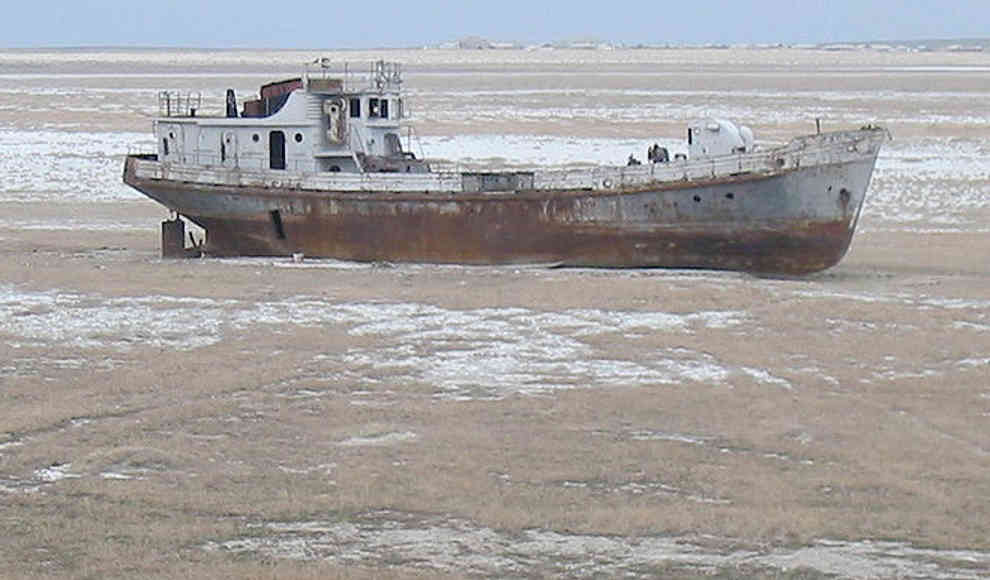The importance of land as a resource is growing with the increasing world population, especially in terms of food supply. However, the latest UN calculations show that more than 2,000 hectares of land are lost globally every day, which is alarming. Fortunately, there are already promising methods that can counteract this trend. Researchers from the UN University warn of the increasing salinization of farmland, particularly in dry areas where fertile soils are at high risk. Radical countermeasures must be taken to ensure long-term global food security.
According to a comprehensive study by the Institute for Water, Environment and Health of the United Nations, which drew on 20 other studies and examined the last two decades, an average of 2,000 hectares of land are lost every year. In very dry and hot areas, agriculture requires a lot of artificial irrigation, which unfortunately increases the salt load and renders the soil unusable within a short time. This problem now affects 62 million hectares of land and poses a significant threat to future food security for humanity. Crop losses in some areas are reported to be over 50 percent. To counteract salinization, researchers suggest various methods, such as deep plowing, adding plant residues, and installing drainage systems to restore soil fertility. These methods have already been successful in the Middle East. In addition, monocultures and other practices that harm fertility must be stopped as much as possible to regenerate the soil and ensure farmers’ livelihoods and people’s food security.
In conclusion, the loss of land is a critical issue that affects global food security. The increasing salinization of farmland is a significant threat that requires radical countermeasures. Fortunately, there are already promising methods that can help restore soil fertility and ensure long-term food security. It is essential to implement these methods and stop practices that harm fertility to regenerate the soil and secure the livelihoods of farmers and the food supply for people.










